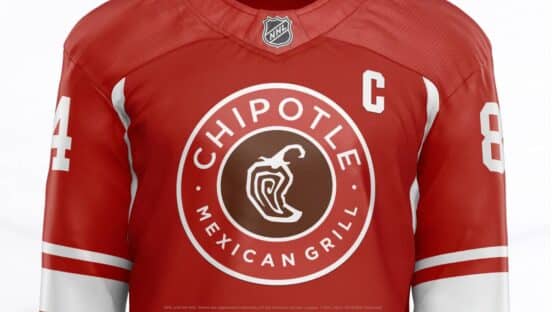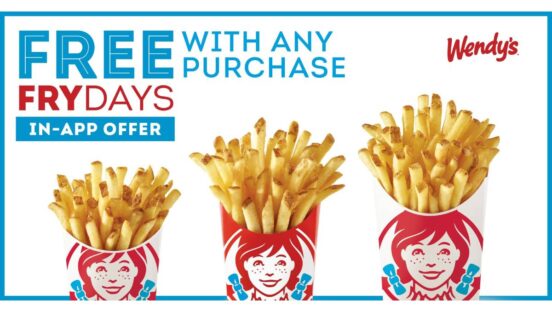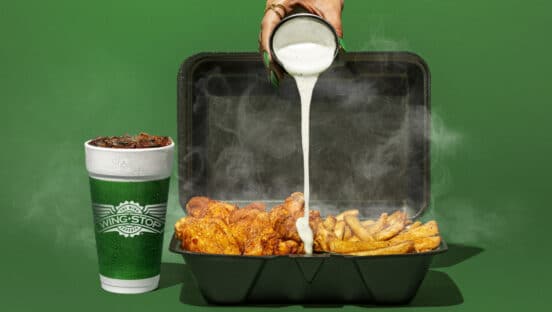Concerned about those heart-damaging trans fats in your food? “Absolutely,” Shelley Boisvert says. “But evidently not enough,” she adds with a rueful laugh, polishing off an order of fries in a downtown pub.
Michigan state Rep. Lee Gonzales wants to help people like Boisvert, who want restaurant fare to be healthy but don’t always act like it when ordering a meal.
He is sponsoring legislation that would require restaurants to tell customers which menu items contain trans fats — and phase them out by July 2008.
Trans fats are a cause célèbre in many statehouses around the nation since New York City approved a ban in December. Bills to restrict or banish trans fats in restaurants or require warnings in establishments that serve foods containing them, have been introduced in at least 18 states.
Artificial trans fats, short for trans fatty acids, are commonly used for deep frying and baking processed cookies, cakes, and crackers.
They became popular with the food industry because they lengthen shelf life and improve taste. But critics say they raise levels of bad cholesterol in the blood, leading to clogged arteries and heart disease.
They’re also believed to increase risk of type 2 diabetes, which killed Gonzales’ father just short of his 60th birthday. “I get pretty passionate about this,” the Democrat from Flint Township says.
The National Restaurant Association agrees trans fats should go. But the 380,000-member group frowns on government mandates and timetables, saying the private sector is developing solutions on its own as customers become more health-conscious.
National chains such as Wendy’s International Inc., Yum Brands Inc.’s KFC and Taco Bell have pledged to dump trans fats. McDonald’s Corp. recently announced it had developed a trans-fat-free oil for french fries, and Marriott International Inc. said last week it would eliminate trans fats from its restaurants in the United States and Canada.
Tom Foulkes, vice president of state relations for the restaurant association, chalked up the flood of newly introduced bills to politicians’ affinity for popular causes.
“It’s a sound bite, a simple issue that gets large amounts of media attention,” Foulkes says. “Everybody uses margarine, everyone uses butter, everyone can understand this.”
Supporters of government intervention say some restaurants won’t move away from trans fats unless forced. Besides, the threat of state regulation may prod the industry to work faster or the U.S. Food and Drug Administration to set national standards. The FDA last year began requiring trans fat labels on packaged foods but hasn’t taken action on restaurants.
“Protecting the public health is a basic function of government agencies,” says Michael Jacobson, executive director of the nonprofit Center for Science in the Public Interest. “When the federal government moves too slowly, states and cities will sometimes fill the void. That’s what’s happening with trans fats.”
Ten states have pending bills to restrict or prohibit trans fats in restaurants: Connecticut, California, Hawaii, Massachusetts, Maryland, Michigan, New Hampshire, New York, Rhode Island, and New Jersey.
Foulkes said instead of imposing standards, states should follow the example of Los Angeles, which last week announced a partnership with the California Restaurant Association to voluntarily phase out trans fats.
Boisvert, 50, the french fry eater in Traverse City, said a ban would relieve customers of having to comb the menu for trans-fat-free items.
“But my quandary is whether a government bill is the best way to do it,” she says. “I mean, isn’t this something we should be doing for ourselves?”
Enjoying a fried fish lunch in a Detroit restaurant, Harry Murphy said he’s usually too rushed to think about nutrition when eating out. Getting rid of trans fats would be good for Michigan, which has one of the nation’s highest obesity rates, the 62-year-old says.
Still, he’d prefer that legislators leave trans fats to the restaurant owners.
“I don’t think the government should be involved in this at all,” Murphy says.






